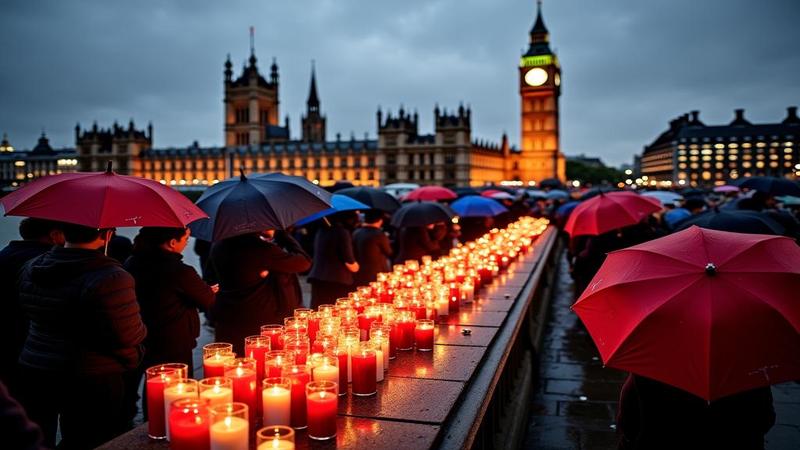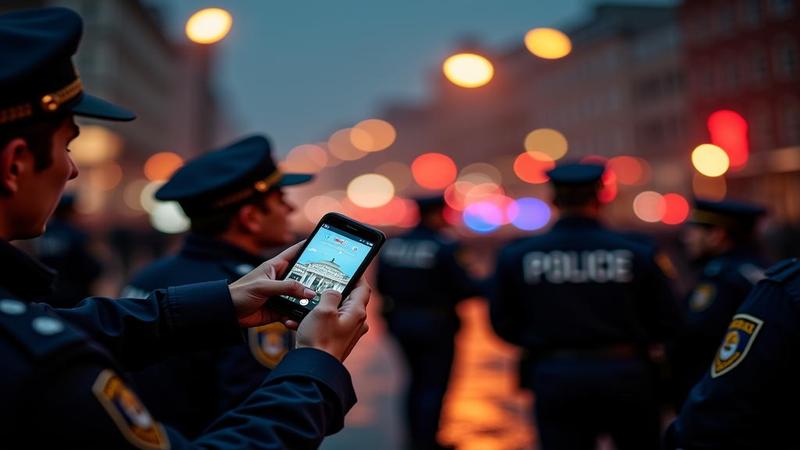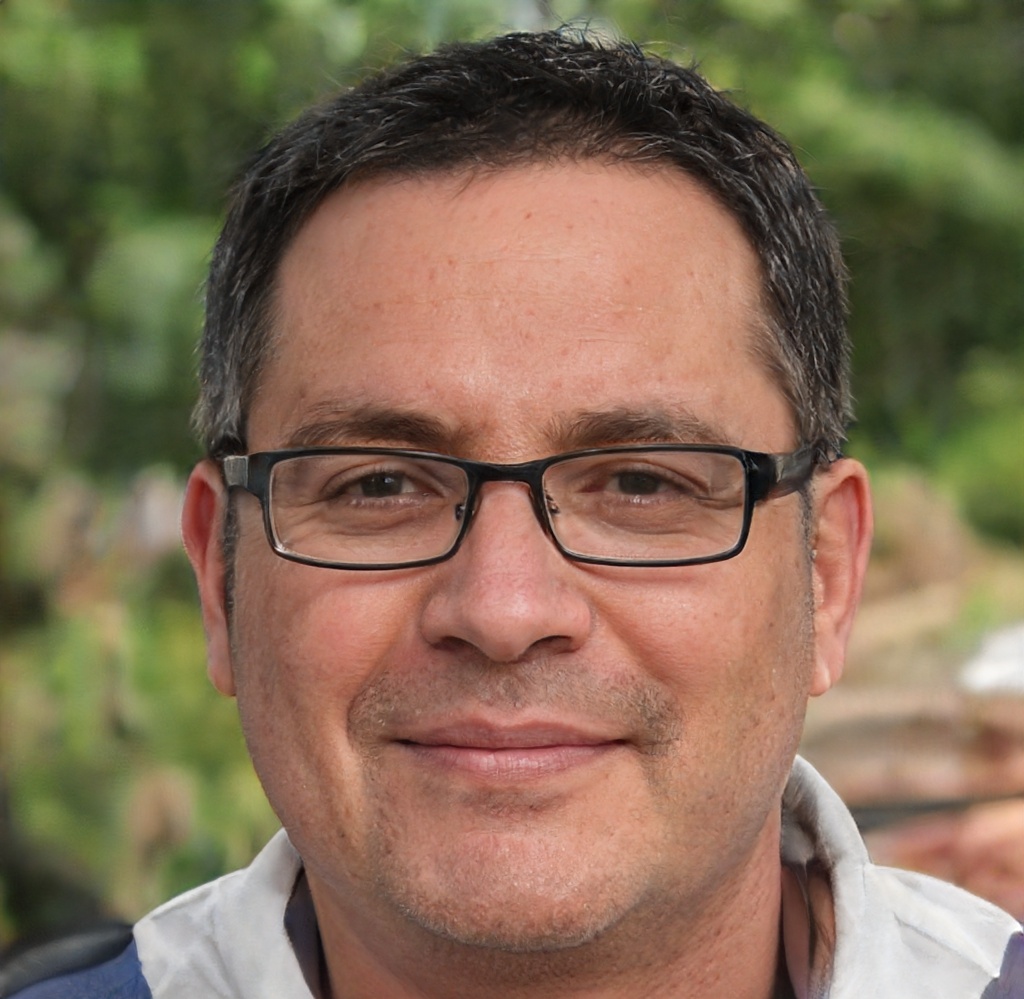London Gathers To Remember, Argue, And Accidentally Form Another Queue

Thousands arrived with the hush of a library and the routing precision of a baggage carousel. London, which can queue for an apology from the weather, lined up to remember what words still can’t hold steady.
The gathering was somber, stubborn, and stubbornly British, where grief wore a raincoat and megaphones adopted indoor voices. Flags fluttered like nervous statements, while candles negotiated with the breeze like diplomats late to a table set with plastic cones.
Speakers took turns at the microphone, each sentence scrubbed for adjectives like a passport at security. “We are deeply concerned,” one declared, toggling concern to airplane mode every time the crowd surged.
Around the edges, a thousand private debates rehearsed their closing arguments, then forgot the scripts and shook hands with their contradictions. A placard read “It’s complicated,” and the cardboard was the first honest politician to arrive.
Volunteers passed around weatherproof vigil candles, which came with tiny disclaimers: does not resolve anything, but look, light. The wick flickered like a headline trying to hold still, and the wax learned to say please in three languages.
Vendors in sensible shoes sold solemnity by the meter. A man hawked artisanal nuance, limited edition empathy, and one suspiciously affordable glossary of terms. Somewhere, a drone disguised as a gull attempted impartiality and dropped a leaflet on a traffic warden who refused to sanction pathos double-parked on Whitehall.

Police lines unspooled like polite garden hoses, announcing, “This is a peaceful assembly; please recalibrate your fonts to size civility.” Chants echoed down the avenue, harmonizing with sirens that seemed to be practicing scales in a minor key.
News crews did interval training between earnestness and cutaway shots. One anchor nodded in triathlon mode—solemn, then skeptical, then sponsored—while a producer calibrated the conflict coverage ring light to “global concern with human face.” The chyron tried to fit centuries into twelve words and was granted an extra hyphen.
The crowd was a collage of reasons, timelines, and the kind of complicated heartbreak that resists signage. People arrived to mourn, to witness, to argue gently with fate, to write a paragraph on a night that refuses to end.
A grandmother threaded her umbrella through three generations, assigning the rain to context. A student held a map, not of borders but of bus routes, and decided the city’s arteries do not take sides—only commuters.
As the evening leaned into itself, the candles kept their tiny frontier against the wind. Conversation moved in spirals, then settled, like birds who can’t agree on north but still find the same wire.
And when it all dispersed into the wet, London did what it does best: filed out as if evacuating a metaphor. The final act was a queue for the future—numbered wristbands, estimated wait time, apologies for delays—and somewhere a traffic cone announced talks had progressed, pending further drizzle.
